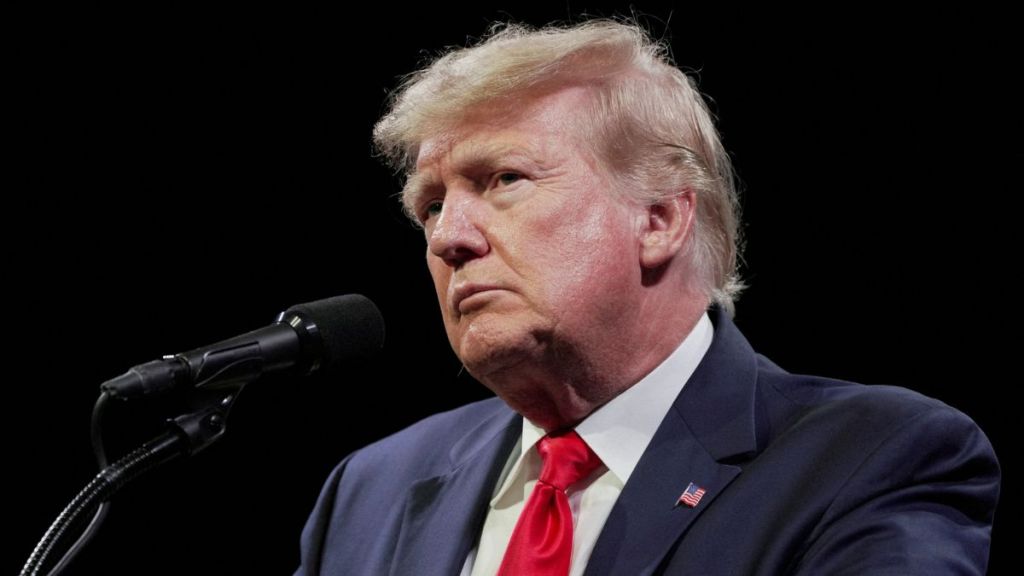US President Donald Trump made it clear from the outset that he would take immediate action if elected and he certainly lived up to that promise. In his first week in office, Trump signed a series of executive orders, covering a broad range of issues from immigration and climate change to oil exploration, healthcare, and medical research.
Trump also took steps to eliminate federal diversity programs, issue new directives defining gender, and enact many other sweeping changes. Some of these actions will have an immediate impact, while others — such as his effort to end birthright citizenship for children born in the US to parents without permanent legal status — are facing significant legal challenges.
Here’s a list of all controversial executive orders issued by US President and their status –
Strict immigration law enforcement: This executive order mandates stringent enforcement of existing immigration laws, which critics warn could lead to increased deportations and potential human rights violations.
Ending birthright citizenship: This controversial measure seeks to end automatic citizenship for children born in the US to undocumented immigrants, the move is facing legal challenges due to its conflict with the 14th Amendment.
Recognition of only two genders: In this executive order, Trump officially recognises only male and female genders in federal policies and programs, reversing previous policies that acknowledged a broader spectrum of gender identities.
Cutting federal support for gender-affirming care: Trump signed an executive order aimed at cutting federal support for gender-affirming care for minors under the age of 19. The move marks another step in Trump’s broader campaign to limit transgender rights across the country. The order further directs the Department of Justice to aggressively pursue legal actions and legislation to oppose these treatments.
Delaying TikTok ban enforcement: The order provides a 75-day grace period for TikTok’s parent company to negotiate a divestiture, temporarily lifting the ban on the app while negotiations continue.
National emergency at the southern border: Trump declared a national emergency at the US-Mexico border, which allows for military deployment and prioritizes immigration enforcement. This has drawn criticism for potential civil liberties violations and concerns about border security.
Suspension of refugee admissions: The order temporarily halts refugee admissions, raising concerns about its impact on vulnerable populations seeking asylum in the US
Designation of drug cartels as terrorist organizations: This directive designates certain criminal drug cartels as foreign terrorist organizations, which enhances law enforcement’s ability to combat drug trafficking and related violence.
Restoration of the federal death penalty: This order reinstates the federal death penalty and directs the Attorney General to pursue capital punishment for severe federal crimes.
Regulatory freeze: This executive order freezes the implementation of new regulations until the Trump administration gains full control over federal agencies, halting ongoing regulatory initiatives.
Rescinding 78 Biden-era executive orders: This order reverses a wide range of policies from the previous administration, particularly in the areas of immigration, climate change, and racial equity.
Easier removal of underperforming federal workers: This order loosens job protections for federal employees, making it easier to dismiss those deemed underperforming, raising concerns over potential abuses.
Cutting off foreign aid: A 90-day suspension of US foreign aid programs for reassessment has raised alarms among international allies and humanitarian organizations that rely on US assistance.
Pardons for January 6 Rioters: Trump issued pardons for approximately 1,500 individuals involved in the January 6 Capitol riots, drawing criticism for undermining accountability and disrespecting law enforcement efforts.
Withdrawal from the WHO: Trump announced the US would withdraw from the World Health Organization (WHO), citing concerns over its handling of global health crises and perceived bias against the U.S. This move raised concerns about the future of global health cooperation.
Withdrawal from the Paris Agreement: Trump signed an executive order beginning the formal withdrawal from the Paris Climate Accord, criticizing the agreement for placing undue economic burdens on the U.S. and seeking to limit US contributions to international climate initiatives.


